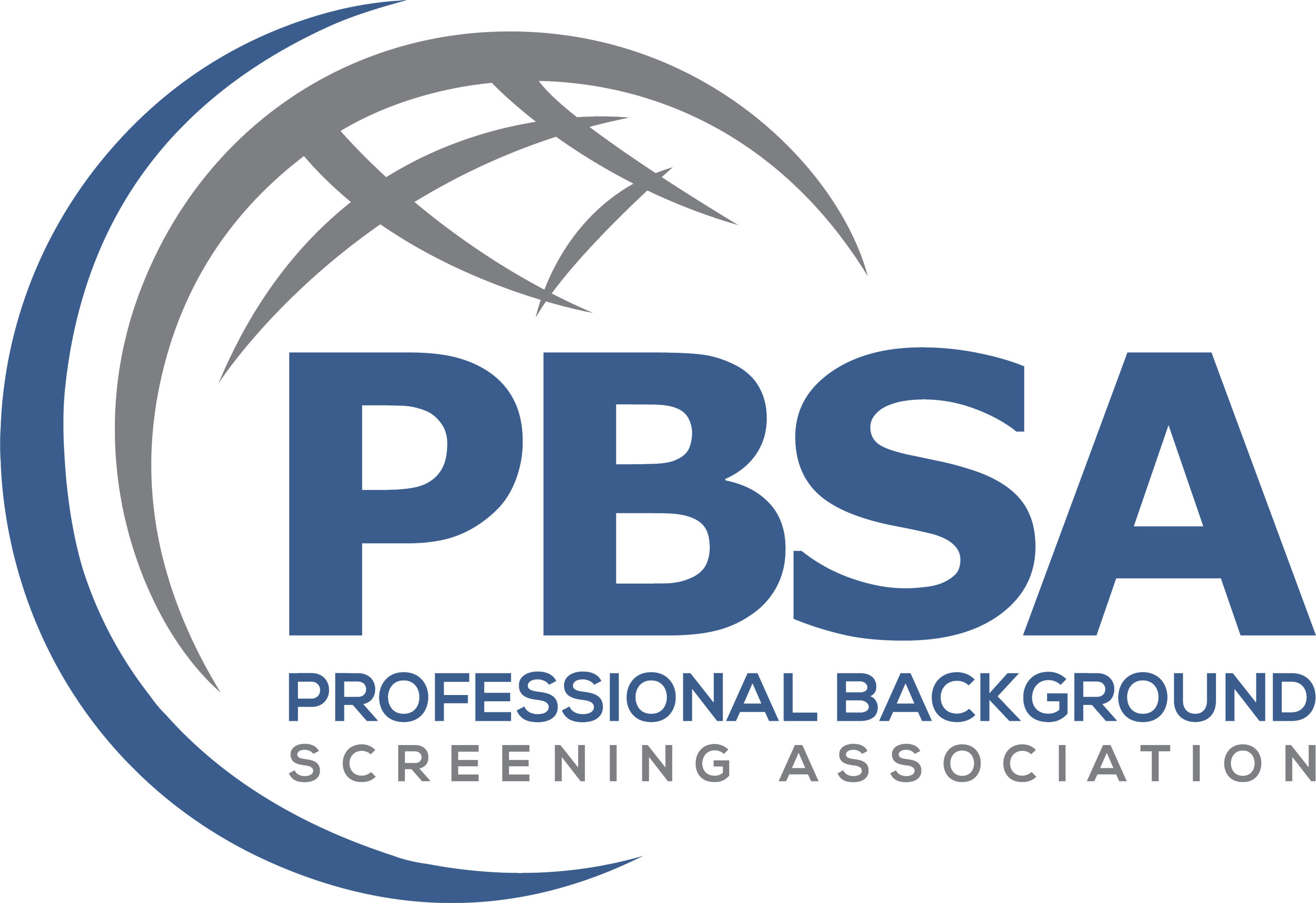Are You Scaring Applicants Away?
The best way to find out is to approach your recruiting process from the outside, as a job seeker, and then reverse-engineer your procedures. Here are some key areas to address if you are noticing candidates fading away during your recruiting process.
1. Complicated Front End
The number one reason a candidate abandons an application is the length. Many organizations bundle seemingly endless pieces to their front end to gather the most information possible about a candidate. But if you think about it from the job seeker’s perspective, would you rather spend over an hour on one application or knock out 5 shorter ones? Think about what information is actually useful to you and get to streamlining!
2. Starting Too Early
There are organizations out there who have recruiting processes that range upwards of 3-6 months! We aren’t just talking about high-end executive positions either. If you start interviewing in November for a position that doesn’t begin until February, you really need to take a second look at who you’re talking to. Many of the people who are looking for positions are not currently employed. It’s unreasonable to believe that in a quarter of a year these people will be sitting around waiting for your offer. Chances are high that by the time you are ready to offer a job they will have already accepted an offer, and you could miss out on some great talent.
3. Tiptoeing Around with Salary
Be up front. Chances are, the pay is among the top 3 things on an applicant’s mind when they walk through the door. If they need to make $75,000 to support themselves and their families and you aren’t able to offer that, ok! Process over, move on to a new candidate and let them move on to a new opportunity. Sure, not all applicants are just after a number. But being 100% transparent through the gate will at least guide the conversation to its logical conclusion.
4. Leaning Too Heavily on Data
This may sound counter intuitive for a company like InfoQuest to say this, as data is the number one thing we provide, but data alone isn’t what determines a great fit for your organization. There has to be a human element. This is where many HR professionals fall behind when leaning on products like Applicant Tracking Systems without digging in and taking the time to actually get to know a candidate. Some HR people will say that they need the ATS due to the volume of applications, we say if you’re recruiting correctly you shouldn’t have your job ad blasted for the entire world to see. The best recruiters are some of the most proactive professionals in the world. They don’t need to paste a job opening on a billboard and then get overwhelmed with applications because they know exactly who to target when an opening comes around.
5. Generic Job Opening Ads
The last point leads us to the job ads themselves. Do a little exercise. Hop on over to a job board and just look for a posting in your area. How many do you think will look like the following?
Subject: [Job Title]
Body:
Experienced [Job Title] needed for [location, generic description of company].
Must be able to [generic list of duties].
Must have [generic experience checklist].
Send resume to _____________@_____.com
I got bored and distracted just writing that example so there is no way a candidate is going to get excited reading it. First impressions mean everything, and that’s what a job advertisement is! You want your candidates to be excited from the moment they even hear about you. That’s how you attract and retain top talent.
Info Quest, Incorporated
Surfside Business Center812 South Poplar Drive, Suite 8
Surfside Beach, SC 29575
843-233-9675


infoquesthr.com ©1993-2023 InfoQuest, Incorporated | Privacy Policy | Human Trafficking Reporting Policy
